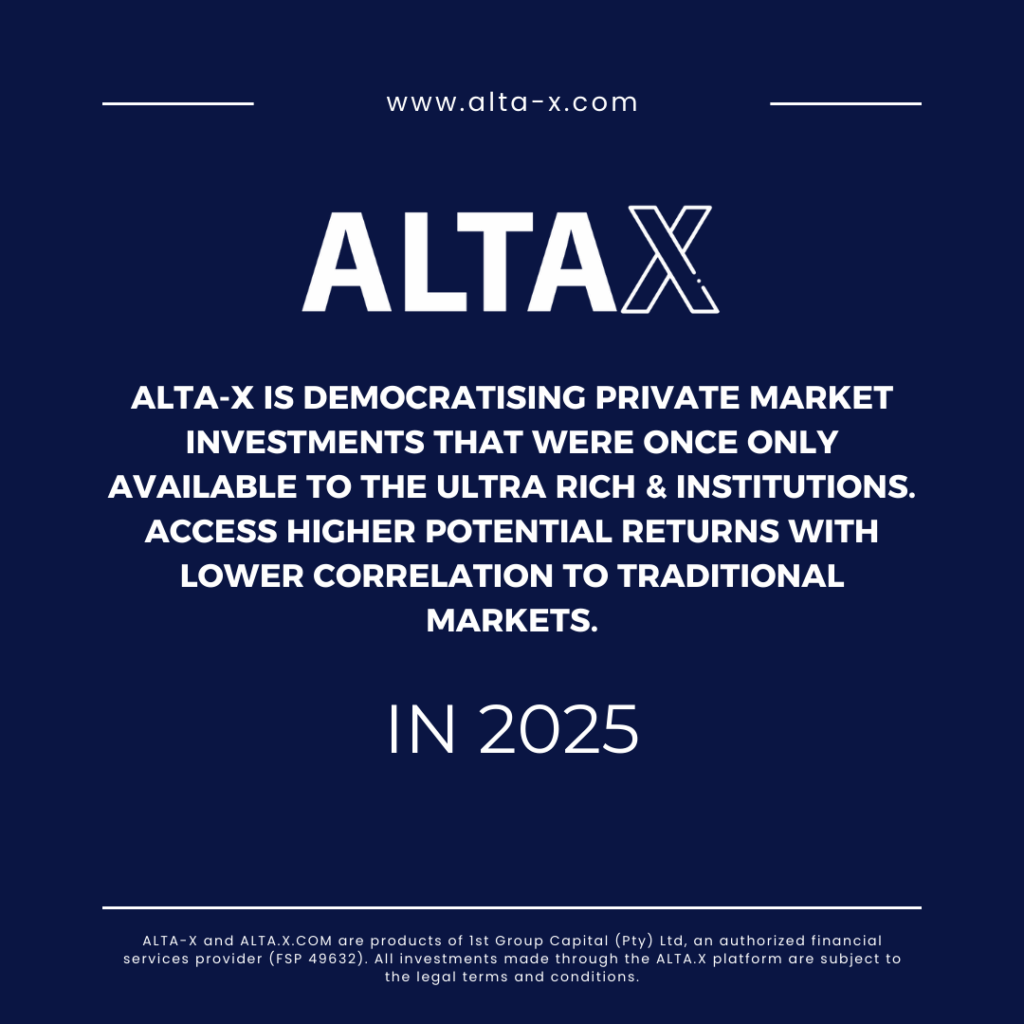A Guided Journey Through Alternative Investments
Have you ever wondered what lies beyond the familiar world of equities, bonds, and unit trusts? In the realm of alternative investments, structured products often spark curiosity—and sometimes confusion. Let’s embark on this exploration together, particularly in the South African and global contexts. I’ll guide you with questions to uncover insights yourself. Think of this as a conversation: I’ll pose thought-provoking queries, share reasoning paths, and encourage you to reflect. Our goal? To foster a deeper understanding, debunk myths along the way, and see how platforms like https://alta-x.com are working to make investing more democratic and accessible for everyone. Let’s start with the basics, step by step.
What Exactly Are Structured Products, and How Do They Fit into Alternative Investments?
Imagine you’re building a custom investment tailored to your needs—something that combines protection with potential growth. What might that look like? Structured products are essentially pre-packaged investments, often issued by banks or financial institutions, that link returns to the performance of an underlying asset, such as a stock index, commodity, or currency. They typically blend fixed-income elements (like bonds) with derivatives (options or swaps) to create defined outcomes, such as capital protection or enhanced yields.
Now, pause and ask yourself: Why are these considered “alternative” investments? Traditional assets like shares or government bonds are straightforward and widely traded on public markets. But JSE listed stocks universe is SHRINKING according to the Business Day https://www.businesslive.co.za/bd/opinion/2025-03-10-chetan-ramlall-navigating-a-shrinking-jse-stocks-universe–chances-amid-challenges/ . In the past 30 years the number of listed companies has reduced from 776 to 300 now.
Alternatives, however, offer diversification by venturing into less conventional territories into private markets normally accessible by the ultra rich and institutions— think hedge funds, private equity, real estate, or even cryptocurrencies. Structured products straddle this line: They’re not your everyday stock but provide exposure to various markets in a structured, often customizable way. Globally, they’re popular in Europe and the US for hedging risks or boosting returns in volatile times. In South Africa, they’re gaining traction amid economic uncertainties, offering links to global benchmarks like the S&P 500.
Reflect on your own portfolio: If you’re seeking ways to diversify beyond the JSE or rand-denominated assets, how might a product that promises 100% capital protection if an index doesn’t fall below a certain level appeal to you? This isn’t about quick wins but about strategic balance. As you ponder, consider how alternatives like these have grown worldwide, with private markets expected to drive new opportunities in 2025, from sustainable themes to tech-driven assets.

In the South African Context: Opportunities and Challenges
Let’s turn our gaze homeward. What unique factors shape structured products in South Africa? Our market is vibrant yet influenced by rand volatility, inflation, and global ties. Here, banks like RMB, Standard Bank, Investec and Absa offer these products as “specialised investments,” often with capital guarantees and boosted returns tied to local or international indices. They’re seen as viable for diversification, especially when traditional equities underperform. Surveys show they’re a top choice for SA investors, alongside crypto and private equity, as ways to navigate economic headwinds.
But what about accessibility? In SA, regulations from the Financial Sector Conduct Authority (FSCA) ensure transparency, yet these products have lagged global growth due to past market positivity and limited negative returns in equities. Globally, they’re booming in places like Asia and Europe, where investors use them for income in low-interest environments. Ask yourself: If South Africa’s alternative scene is maturing—with hedge funds and structured notes leading for sophisticated investors—how could this benefit everyday folks? The continent at large has limited options outside SA, but firms are pushing boundaries, like Stewards Investment Capital winning accolades for innovative alternatives.
Encouragingly, platforms are emerging to bridge gaps. What if a tool like https://Alta-X.com could simplify entry, offering user-friendly access to these products without needing institutional-level expertise? By democratizing investing, such initiatives lower barriers, making alternatives reachable for retail investors who might otherwise feel excluded.
In the next article about Structured Products, we will debunk the myths and question assumptions for clarity.

















